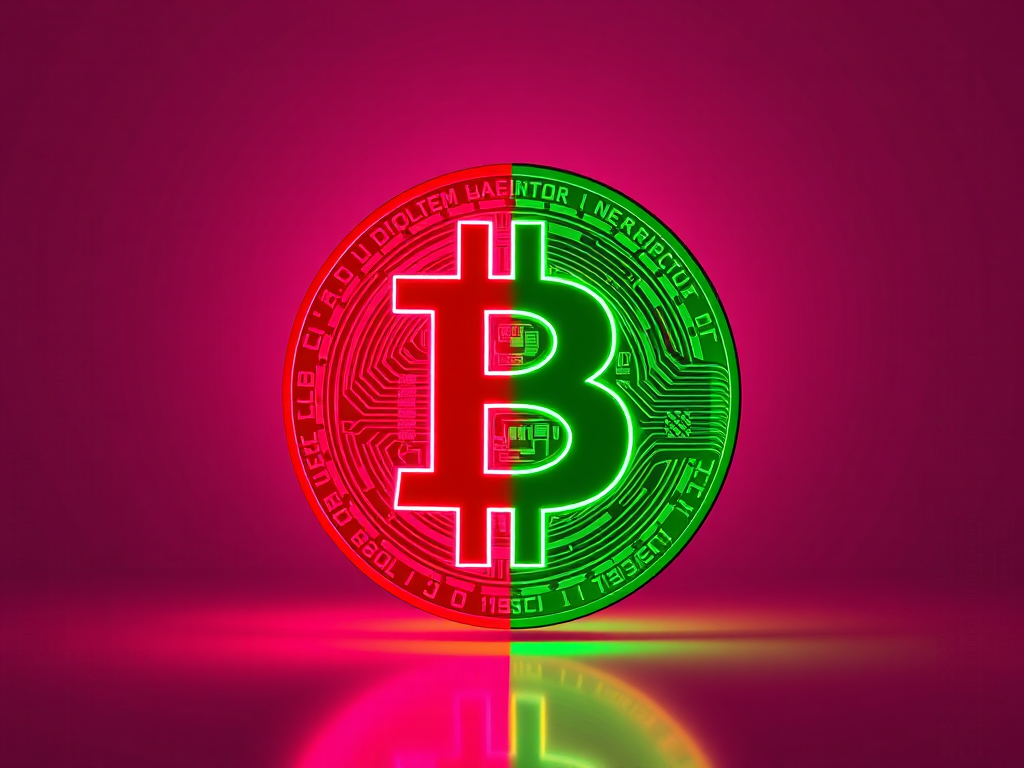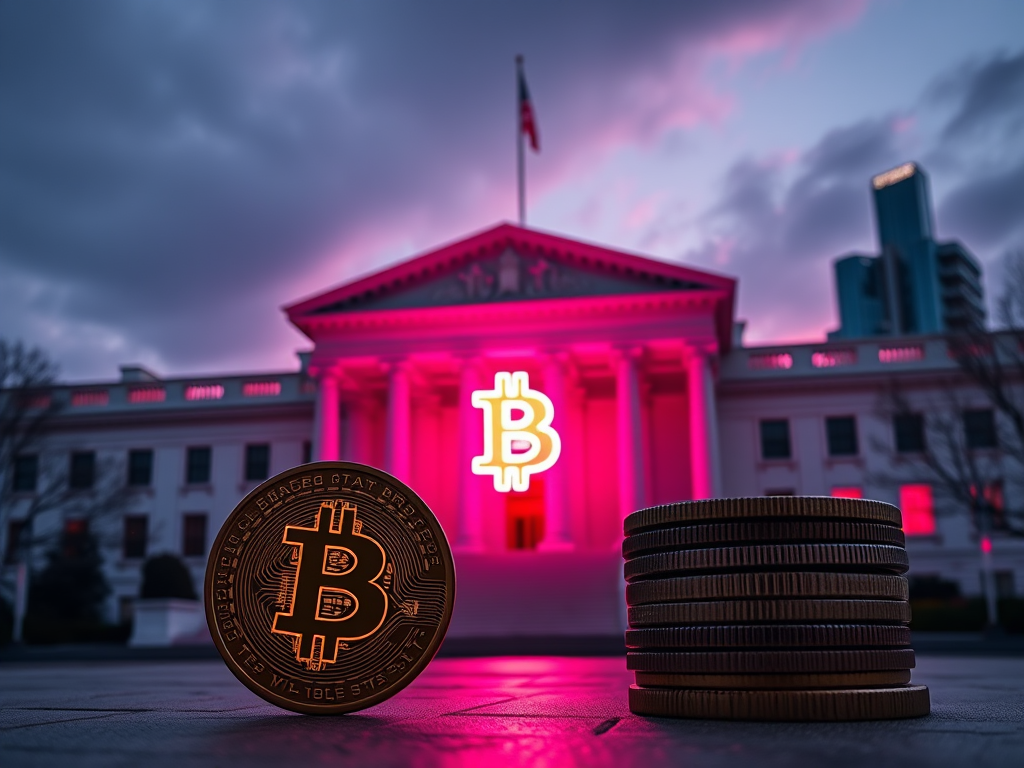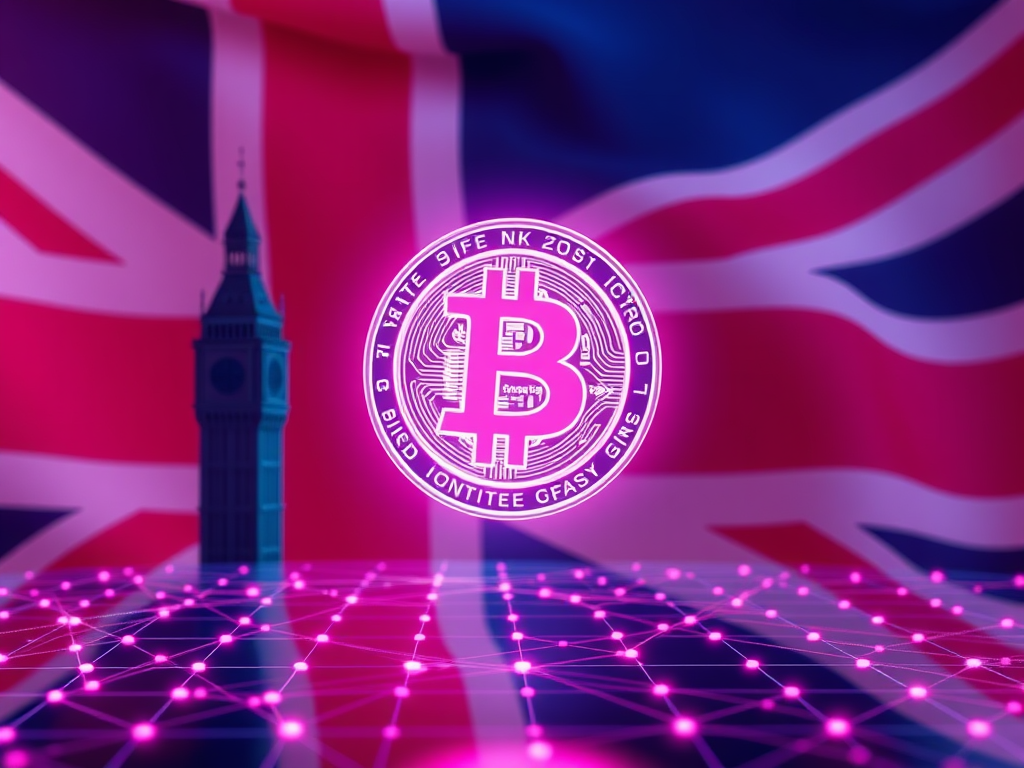Key Points
- The SEC has filed a proposed amended complaint against Binance, focusing heavily on the exchange’s token listing process and addressing previously dismissed charges.
- The amended complaint provides more detailed allegations about Binance’s role in promoting digital assets and the expectation of returns for BNB token holders.
SEC Revises Its Approach in Binance Lawsuit
The U.S. Securities and Exchange Commission (SEC) has taken another significant step in its ongoing legal battle against cryptocurrency exchange Binance. On Thursday, September 12, 2024, the SEC filed a proposed amended complaint, seeking to strengthen its case against the world’s largest crypto exchange.
This new filing comes months after a federal judge allowed most of the SEC’s initial charges to proceed while dismissing some aspects of the lawsuit. The proposed amended complaint aims to address the judge’s concerns regarding the dismissed parts and bolster other charges that were not fully addressed in the initial ruling.
Detailed Focus on Token Listing and Trading Process
One of the most notable aspects of the amended complaint is its increased emphasis on Binance’s token listing and trading processes. The SEC has provided more detailed allegations about how Binance promotes and markets various cryptocurrencies on its platform.
The regulator argues that Binance plays “an integral part of the markets for crypto assets, including those that are offered and sold as securities.” The complaint alleges that Binance amplifies and reinforces statements from token issuers and promoters, potentially influencing investor decisions.
The SEC’s filing pays particular attention to ten specific digital assets: SOL, ADA, MATIC, FIL, ATOM, SAND, MANA, ALGO, AXS, and COTI. The agency claims that these tokens were sold as unregistered securities on the Binance platform.
Renewed Focus on BNB and Binance Simple Earn
The amended complaint also revisits two areas where the SEC previously faced setbacks: secondary sales of BNB (Binance’s native token) and the Binance Simple Earn product. The agency provides additional context and allegations to support its claims in these areas.
Regarding BNB, the SEC alleges that Binance marketed it as an investment in the success of the Binance.com platform, emphasizing the potential returns investors could expect. The complaint also highlights Binance’s practice of paying some U.S. employees, including Binance.US executives, in BNB tokens.
The SEC argues that Binance’s token burns and support for BNB-based projects are designed to increase the token’s value, further positioning it as an investment vehicle.
As the legal proceedings continue, this amended complaint represents a significant development in the SEC’s approach to regulating the cryptocurrency industry. The outcome of this case could have far-reaching implications for how digital assets are classified and traded in the United States.















